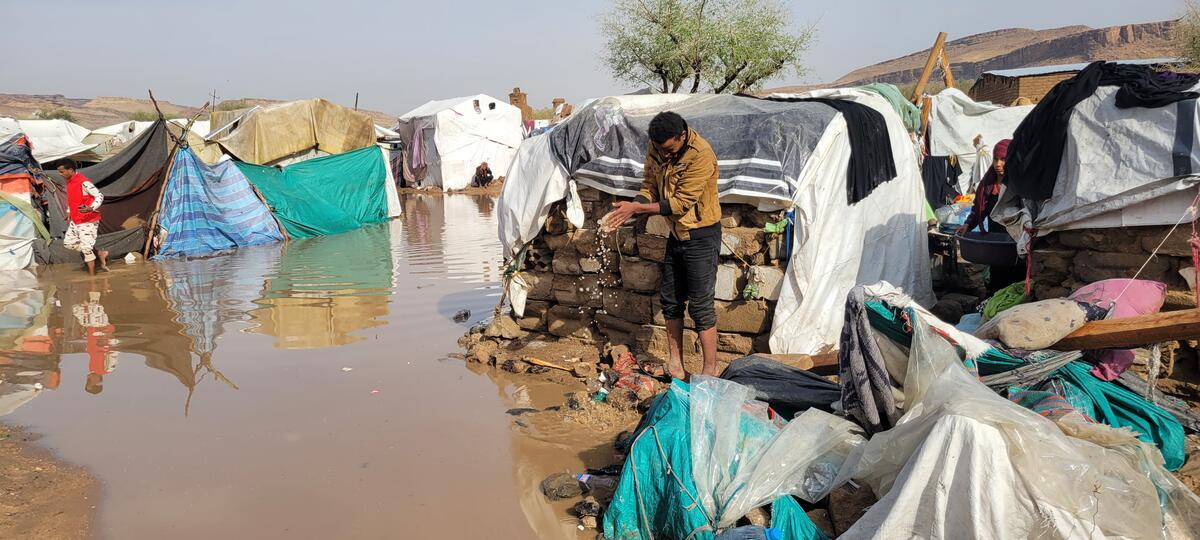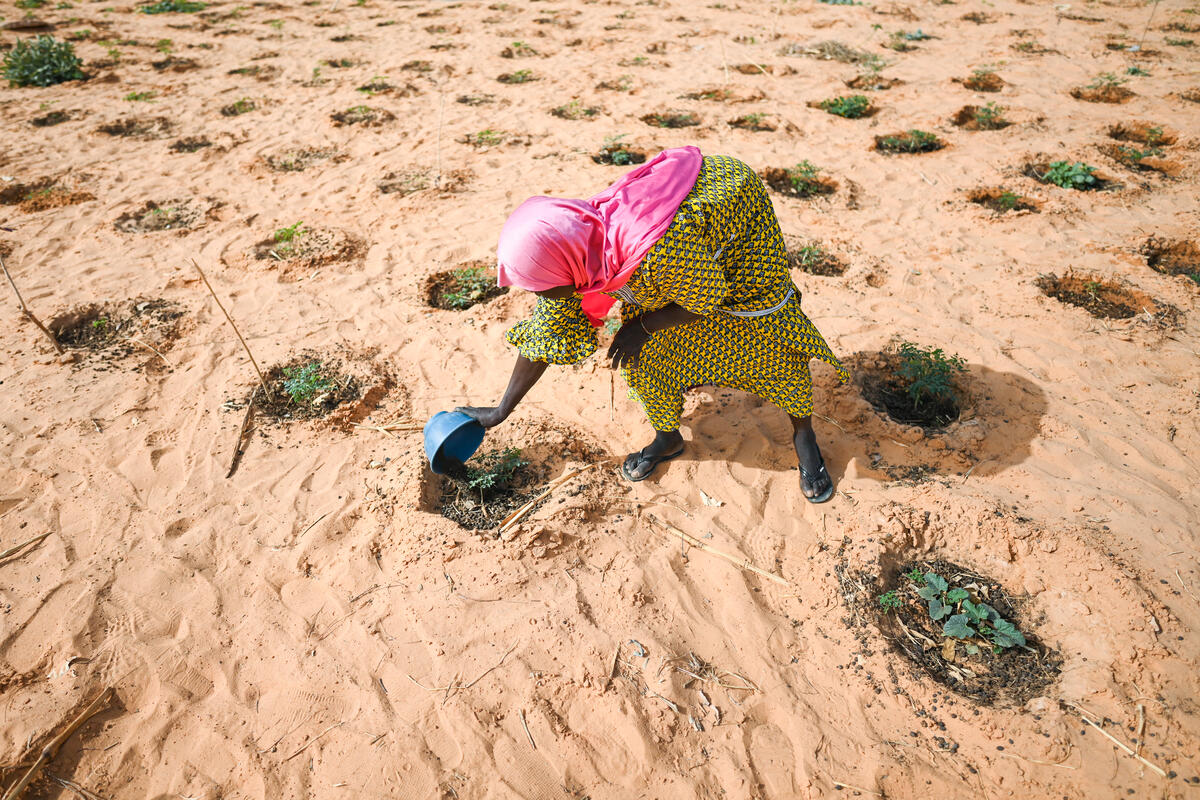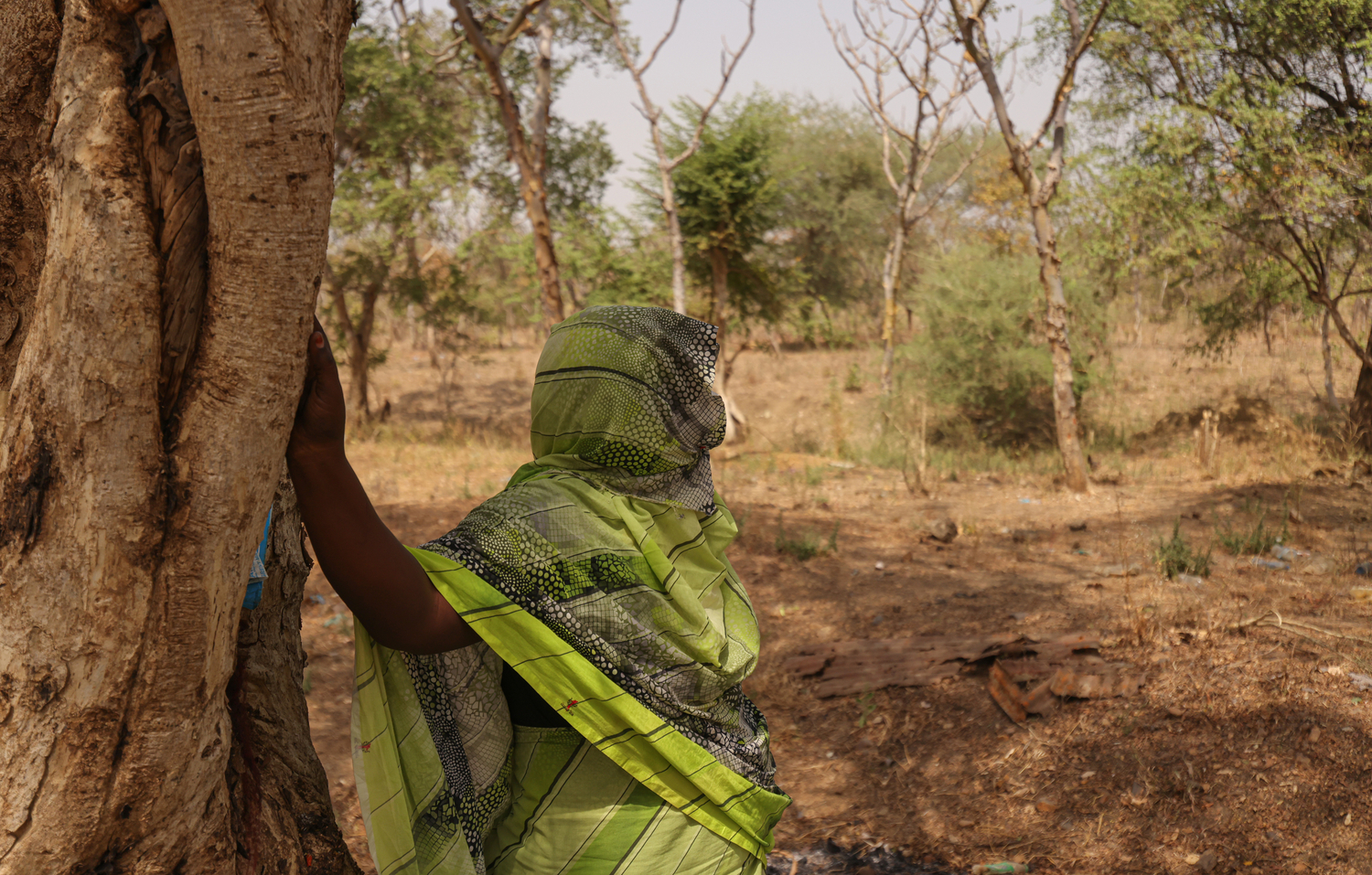Young Eritreans in Ethiopia face future in limbo
Young Eritreans in Ethiopia face future in limbo

SHIRE, Ethiopia, July 21 (UNHCR) - As the world focuses on the impact of the severe drought in East Africa, a silent crisis is brewing in a remote corner of Ethiopia. Hundreds of Eritreans are arriving here every month with claims of escaping open-ended military service and allegations of rights violations back home.
During a recent visit to the Eritrean refugee camps in northern Ethiopia, UN Assistant High Commissioner for Refugees, Erika Feller, said she was alarmed and shocked to see "a sea of young faces" and "youth denied for so many people".
In addition to the large numbers of Somali and Sudanese refugees, Ethiopia is home to more than 48,000 Eritrean refugees - mostly young, educated, single men. Between 800 and 1,000 more arrive every month. Among them are significant numbers of unaccompanied children. Some are as young as six years old, and are being taken care of by the oldest child in the group.
The continuous inflow of these highly vulnerable individuals far exceeds the coping capacity of existing facilities. Feller said the challenges were on a scale she had "never seen in my long years with UNHCR".
The Assistant High Commissioner and her delegation toured the registration centre last week and talked to new arrivals at Endabaguna, some 20 kilometres from the UNHCR office in northern Ethiopia's Shire area. Refugees at Maiaini and Adi-Harush camps pleaded with her to make their problems known to the world.
"We spent a quarter of our youth in an open-ended military service at home, and another quarter in a refugee camp," said a women's representative. "Should UNHCR allow our children to vegetate in a refugee camp like their parents?!"
Feller appreciated the frustrations of young refugees caught up in a situation that is in danger of being protracted. Eritrean refugees started coming to Ethiopia in the year 2000, which means that early arrivals have lived in a refugee camp for more than a decade.
"These are young people with a future who can't see their future," Feller said. "And here, the international community has to look at this problem imaginatively and invest in the future of these young people, not in their care and maintenance."
Voluntary repatriation is not an option at the moment and UNHCR has been using resettlement as the only durable solution for Eritrean refugees. Feller explained that resettlement placements offered by different countries were limited, but reassured them that UNHCR would continue to advocate to increase resettlement opportunities.
"Life in a refugee camp is tough," said an eight-year-old who arrived two months ago, adding that there is "not much incentive" for him to remain here for long.
Frustrated by the difficulties of camp life and the limited opportunities for self-reliance and post-secondary education, thousands of Eritrean refugees are moving on to third countries such as Sudan and Egypt en route to Europe or the Middle East, on often-dangerous journeys arranged by smugglers.
Urging consolidated action against this form of secondary movement, UNHCR's Feller said, "The international community should assist Ethiopia and international agencies like UNHCR to provide a real alternative to these people so that they don't put themselves at risk in the hands of smugglers."
By Kisut Gebre Egziabher in Shire, Ethiopia







